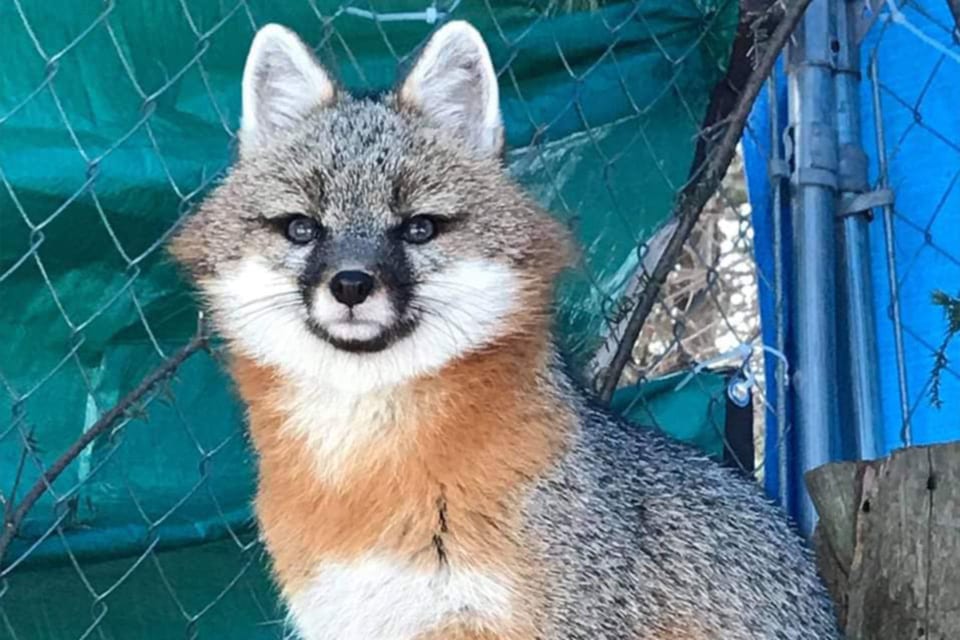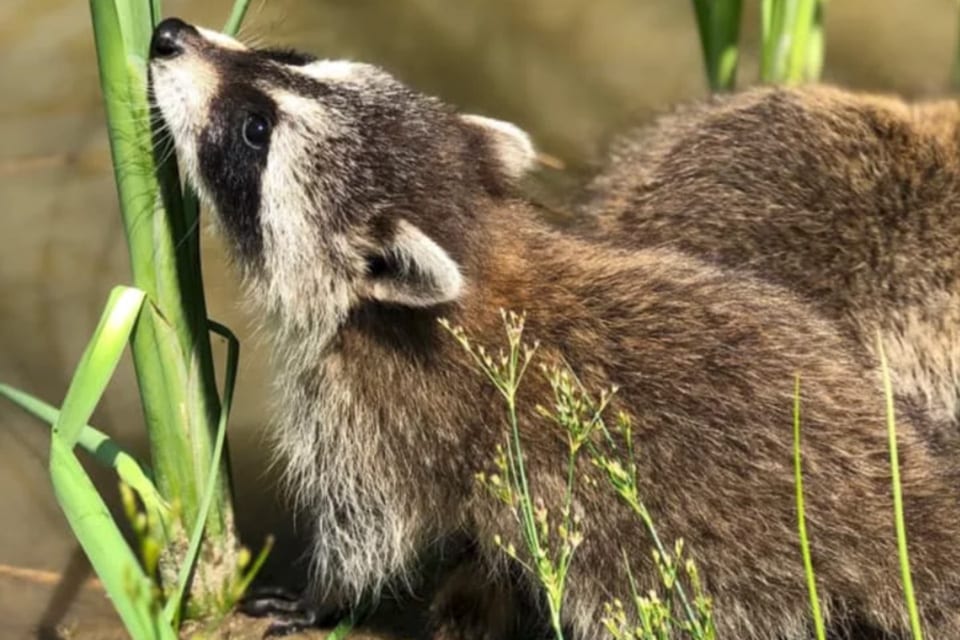
Carnivorans
The Order Carnivora– members of which are formally called ‘carnivorans’ regardless of dietary habits- is the most diverse in size of any mammalian order. The animals in this order are characterized by teeth and claws adapted to catch and eat other animals. Some species of carnivoran are omnivorous in diet, depending on habitat, while others are strictly animal eaters. All have the capability and physical traits necessary to eat meat.
Carnivorans native to Maine include canines (eastern coyotes and foxes), felines (bobcats and mountain lions), bears, raccoons, skunks, and mustelids (otters, mink, weasels, fisher cats, and ermine).
Common Myths
Myth: A fox has been sighted in the neighborhood- watch out for your cats/dogs/children!
Truth: A fox is less than interested in any of the above. A mother with hungry babies may opt to try and catch your elderly cat or your tiny 8-week-old kittens, but only because they’re easier prey. Cats can maim a fox, and the fox knows it- it would rather hunt a safer animal. Foxes are heavy predators of rabbits, birds, mice, squirrels, and shrews. Unless you leave your guinea pig or domesticated rabbit outside unattended, your pets (and certainly your kids) are safe from wild foxes.
Foxes (and coyotes!) also help to reduce the tick population by preying on the ticks’ favorite food- rodents.
Myth: Skunks and raccoons make good pets if raised with people from a young age.
Truth: A small percentage will turn out to be good pets, but for every one successful skunk/raccoon taming, there are hundreds that are raised by people and have to be released after they get “too wild” to handle safely. Remember that these are not domesticated animals. Our companion pets- dogs, cats, guinea pigs, horses, etc.- got that way through centuries of selective breeding. If you try to raise a skunk or a raccoon into a household member, you’re probably going to end up having to dump it in the woods later or find a facility to keep it for the rest of its life. Don’t be fooled by what you see on social media.
Myth: Tomato juice will get rid of skunk spray odors.
Truth: This doesn’t actually work very well. That doesn’t mean there aren’t ways to wash out skunk smell, because there are, but tomato juice is not one of them. Hydrogen peroxide mixed with baking soda works well, as does diluted bleach and vinegar in water .
Myth: Mother black bears will attack anyone that gets near their cubs.
Truth: Although this holds true for grizzlies, female black bears are a lot more likely to hide than go into instant Hulk mode. That doesn’t mean that you should go petting black bear cubs, but if you stumble upon some in the woods, you’ll be safe enough to move out of the area.
Most black bear attacks happen when a hiker accidentally startles a bear, prompting the animal to lash out in fear. When out in black bear territory, announce your presence with singing, talking, and loud movements.
Videos and Education

Urocyon cinereoargenteus

Mephitis mephitis

Procyon lotor

